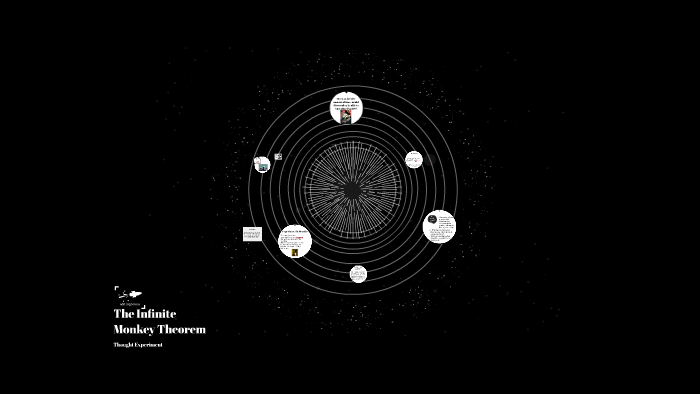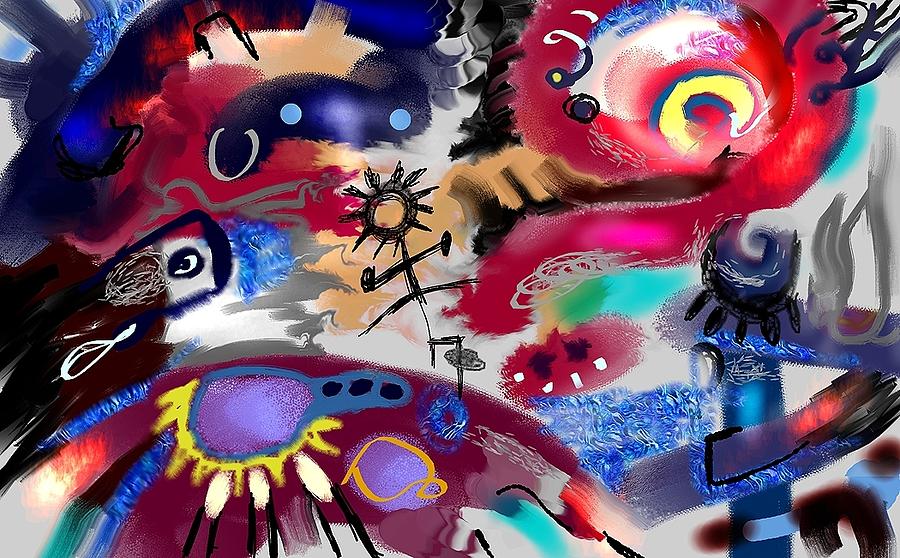Kelly Theorem
- Kelly Theory
- Kelly Theorem Pictures
- Kelly Theorem Meaning
- Kelly Theory Walking Dead
- Kelly Theorem Calculator

Kelly Theory
In his 2008 book “Here Comes Everybody,” internet theorist Clay Shirkey outlines a fairly simple idea: if you make something easier to do, more people will do it and people will do more of it.
Dee definition, a metal loop attached to tack, for fastening gear: The wire cutters hung from a dee on her saddle. The 1968 film Theorem and 2009’s I Am Love, both set amidst the grandeur of the Milanese bourgeoisie, were also on Wickstead’s moodboard.It was the ‘finer details’ of those worlds which.
The example I use is making a copy . For most of human history, your only option was a scribe. Then, in the 1400s, we saw the arrival of moveable type. This occasioned some anxiety in the scribe community, especially the Abbot of Sponheim, Johannes Trithemius who, in 1492, wrote “In Praise of Scribes” (“De Laude Scriptorum”) in which he argued that printing presses would make everything go to hell in a hand basket.
Somewhat undercutting his argument, he had his work printed, so that it would reach more people.
Over the centuries it got easier to make copies of things, but — when I was a schoolchild — it was still a minor nuisance and often required the teacher or office staff to use a hand-cranked “mimeograph” machine, which produced a limited number of moist copies with a very pleasant chemical aroma which we all insisted on inhaling, possibly causing brain damage which may explain why I thought it was good idea to begin a newspaper column by discussing Johannes Trithemius.
Shortly thereafter, photocopiers became widespread, and any idiot could make copies, and that’s exactly what happened. Shirkey would say the cost (meaning effort) of copying was lowered.
Connecticut legislators saw the principle in action this week when the Public Health Committee scheduled a 24-hour Zoom public hearing on ending the religious exemption for vaccinating public school students.
After 24 hours, 236 people had testified. Another 1,700 or so were still waiting. The committee leaders told them the hearing was over, causing great consternation.
I’m going to go right ahead and lay down McEnroe’s Theorem, which says that after 24 hours of testimony, every useful thing that can be said about an issue, no matter how complex, has been said.

Don’t get me wrong. I’m totally in favor of public hearings for bills, even though the legislature, every single year, finds ways to pass laws without having held them. And I think Zoom hearings are a great idea, especially for vaccination opponents, who can stay home and scratch at their scabs and mute their hacking coughs.
But Zoom also makes it too easy, which is why roughly 2,000 people were prepared to dilate upon the pros and cons of a bill that cannot possibly have more than 10 of either.
House co-chair Rep. Jonathan Steinberg (D-Eeby Deeby) said the others could submit written testimony. Rep. Lezlye Zupkus (R-Zippity Dingdong) objected that nobody can read 1,700 written submissions, her implication being that she would find it far easier to watch people say the same things over and over on Zoom and would not be the least bit tempted to stick her own head in a bubbling deep fat fryer after another 24 hours.
The job of explaining this sagaciously fell to none other than Sen. Kevin Kelly (R-Monkey Breath), the leader of his chamber’s Republican minority, who, shortly after inhaling a freshly mimeographed copy of “Finnegan’s Wake” was interviewed by my public radio colleague Lucy Nalpathanchil.
Kelly said Zoom hearings shut out the 23 percent of state residents who do not have internet access. He said closing down the Zoom hearing with 1,700 people waiting to speak was “chilling.” He said it proved the majority had already made up its mind and was ready to railroad this thing through after hearing from only a measly (sorry) 236 people.
Kelly Theorem Pictures

Nalpanthanchil reasonably suggested the written submission would address his concerns. (It was also a little puzzling that Kelly, after initially being so worried about people with no internet, was, seconds later, outraged that the Zoom hearing was not allowed to continue until our sun cooled and became a red dwarf.

Kelly Theorem Meaning
Well, said Kelly, “Not everyone wants to participate verbally or in writing.” Some people, he said, like to show up at public hearings in T-shirts of a color associated with a certain position. How, he demanded to know, do the colored T-shirt people make themselves heard?
“I think we lose something in the process when we suppress that speech.” Of colored T-shirts.
I’m not making this up. He really said that.

Kelly continued, “Many have described the legislative process as a sausage factory. Well, this is where the sausage is made. In the committee.”
Wait. Stop. That is not what people say. What people say is, “Laws are like sausages. It’s better not to see them being made.” This is usually attributed to Bismarck but was probably said by someone less famous.
Kelly went on to describe a legislative committee as “a crucible” from which, after considerable give and take, presumably the molten gold of sensibly crafted legislation is poured into a trough which runs toward the General Assembly.
That’s the opposite of the sausage thing. The sausage thing is: “if you saw what these morons were doing, you’d throw up.” For my part, I would say there’s truth in both positions.
Is this what it’s going to be like?
We are scant days into the new session, and this is how the Republican minority plans to use its energy? Insisting that nothing can be done until thousands of people weigh in and talking T-shirts appear on the Sunday chat shows?
Kelly Theory Walking Dead
Beam me out of here.
Kelly Theorem Calculator
Colin McEnroe’s column appears every Sunday, his newsletter comes out every Thursday and you can hear his radio show every weekday on WNPR 90.5. Email him at colin@ctpublic.org. Sign up for his newsletter at http://bit.ly/colinmcenroe.